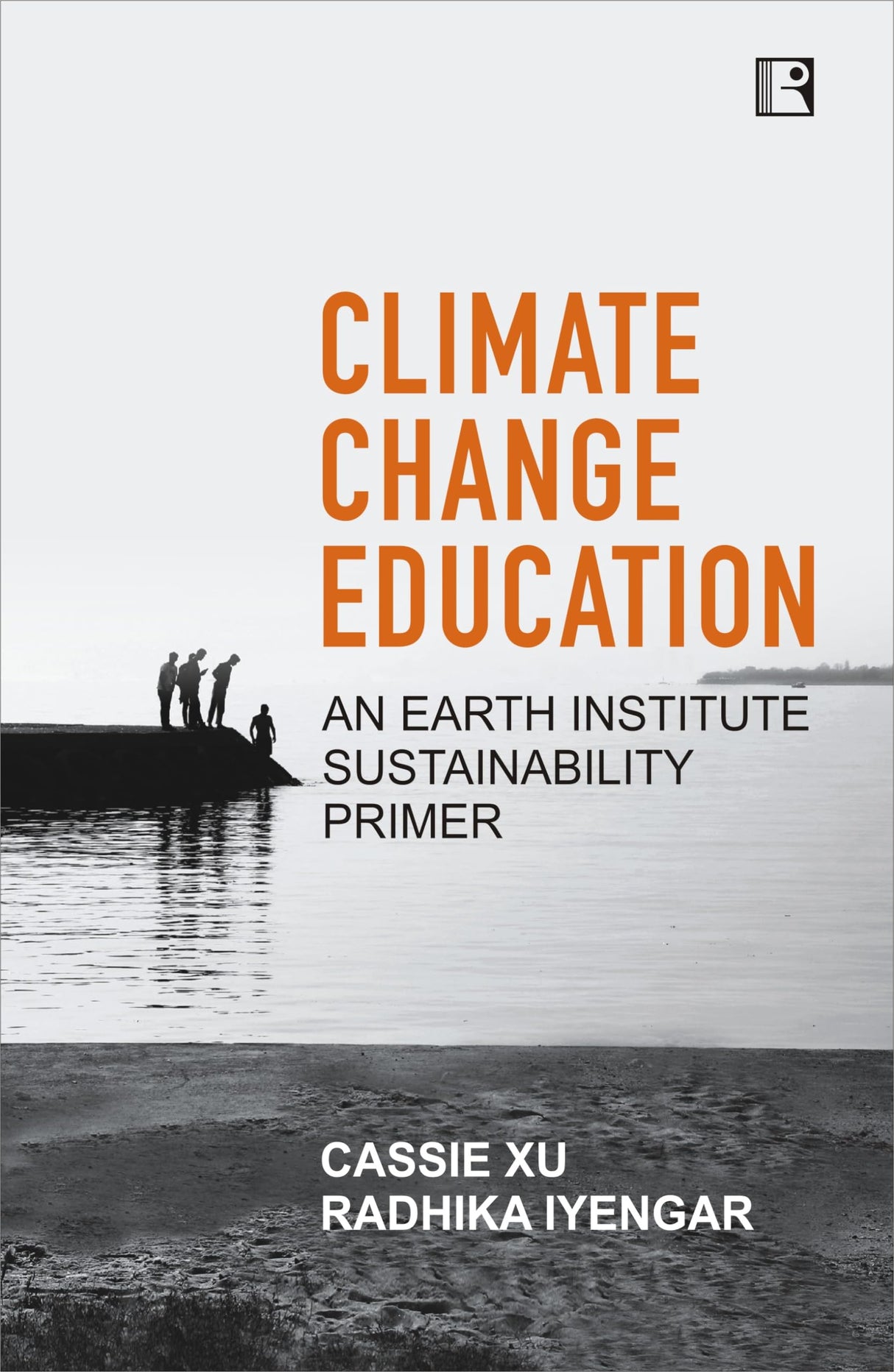CLIMATE CHANGE EDUCATION: AN EARTH INSTITUTE SUSTAINABILITY PRIMER
CLIMATE CHANGE EDUCATION: AN EARTH INSTITUTE SUSTAINABILITY PRIMER is backordered and will ship as soon as it is back in stock.
Couldn't load pickup availability
Genuine Products Guarantee
Genuine Products Guarantee
We guarantee 100% genuine products, and if proven otherwise, we will compensate you with 10 times the product's cost.
Delivery and Shipping
Delivery and Shipping
Products are generally ready for dispatch within 1 day and typically reach you in 3 to 5 days.
Book Details:
-
Author(s): Cassie Xu, Radhika Iyengar
-
Publisher: Rawat Publications
-
Language: English
-
Edition: 2024
-
ISBN: 9788131613856
-
Pages: 188
-
Cover: Hardcover
About the Book
Climate change affects every aspect of society, community, and industry. This book emphasizes the critical need for climate change education at all levels and across disciplines, both inside and outside formal institutions. The authors, Cassie Xu and Radhika Iyengar, present a framework for placing climate change at the center of educational agendas. They offer pedagogical tools grounded in evidence-based practices that incorporate a systems approach to teaching climate science.
This book showcases strategies for effective climate change education in diverse learning environments, from formal classrooms to informal settings such as communities and families. It argues that understanding climate science and its physical and social impacts is crucial not only for fostering good citizenship but also for preparing students for various career paths. The authors also address systemic barriers and inequalities, stressing the importance of bringing marginalized voices and perspectives into educational spaces. The book underscores the vital role of interdisciplinary environmental education and how teaching future generations about climate change will impact our collective future.
Contents
Introduction
Part I: Why Climate Education Needs Systems Thinking
-
Defining Systems Thinking and Climate Change
Part II: Climate Change Education and Future Workforces
2. Systems Thinking Skills and Outcomes
3. Strategies in Instructional Design
Part III: Examples and Case Studies of Climate Change Education in Practice
4. Climate Change in Formal Learning Environments
5. Community-Based (Informal) Education
6. Teaching Climate Change in Nonformal Settings
Part IV: The Future of Climate Education
7. Diversity, Equity, Inclusion, and Access as a Tool for Addressing Social and Environmental Justice
8. Role of the Columbia Climate School in Climate Education
About the Author / Editor
Cassie Xu is the former director of K-12 and continuing education at the Columbia Climate School, where she spearheaded the establishment of the Office of Education and Outreach.
Radhika Iyengar is a research scholar and the director of education at the Columbia Climate School’s Center for Sustainable Development.





